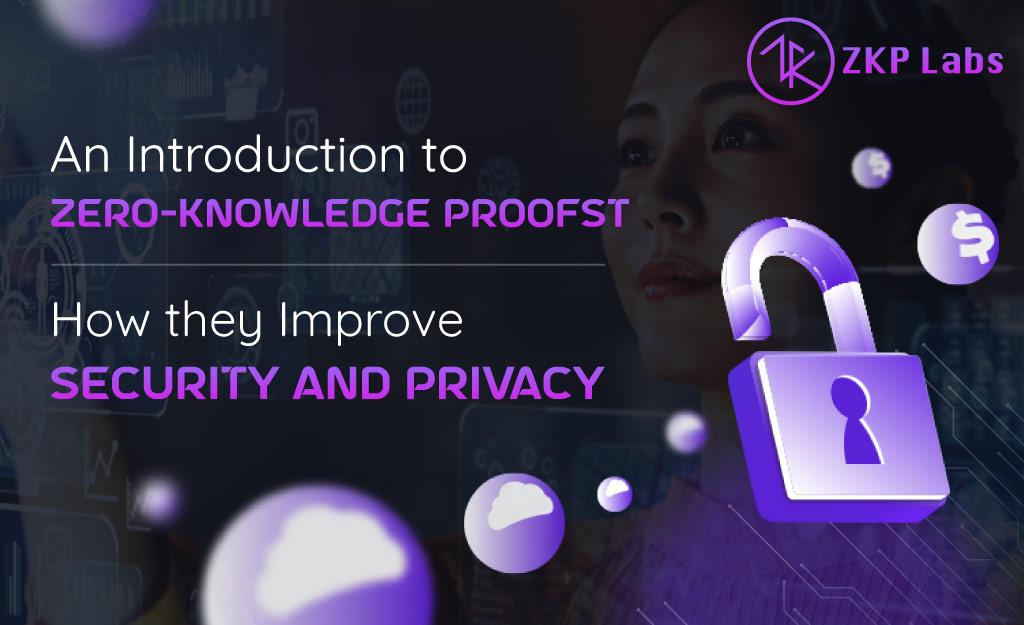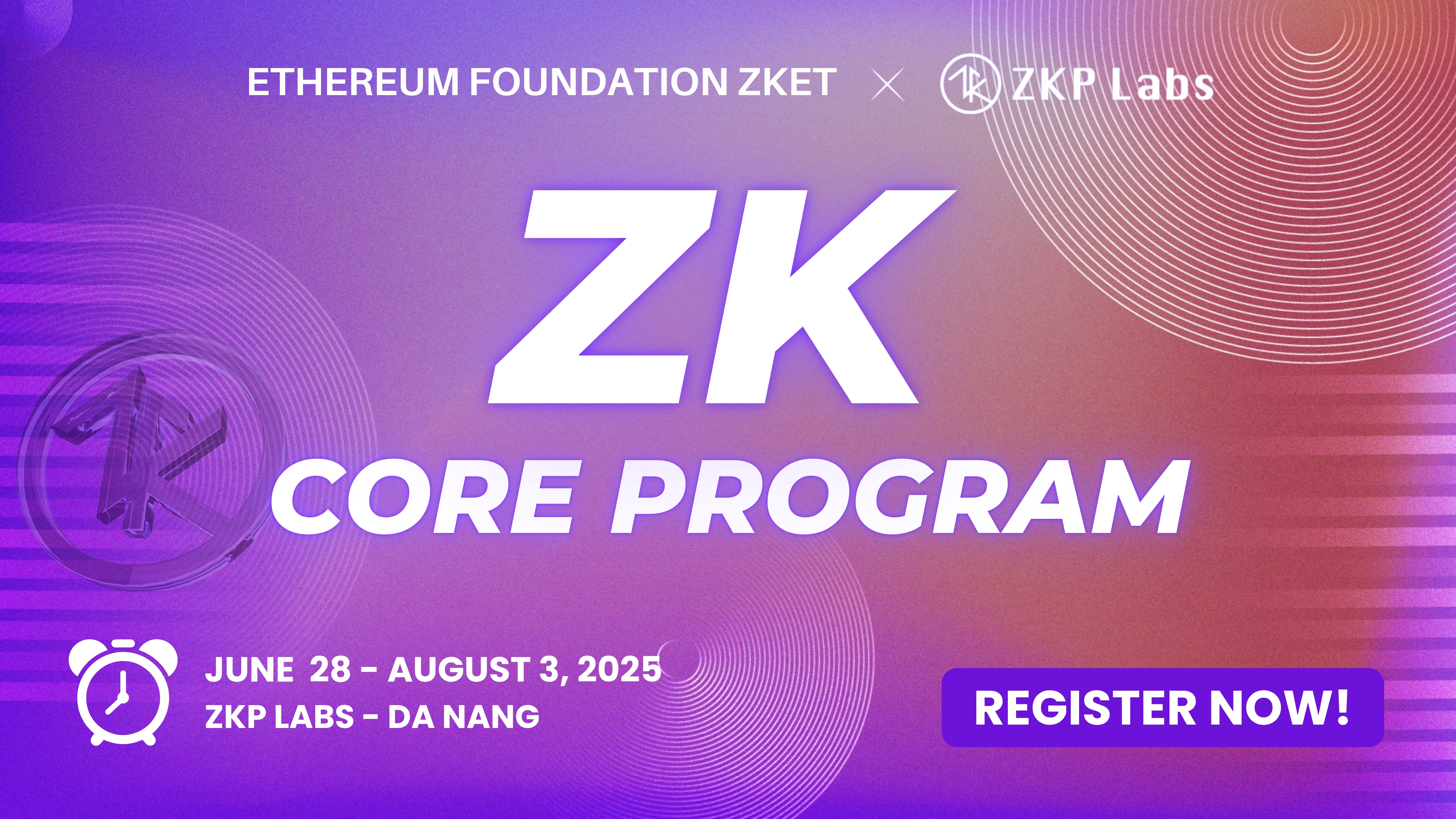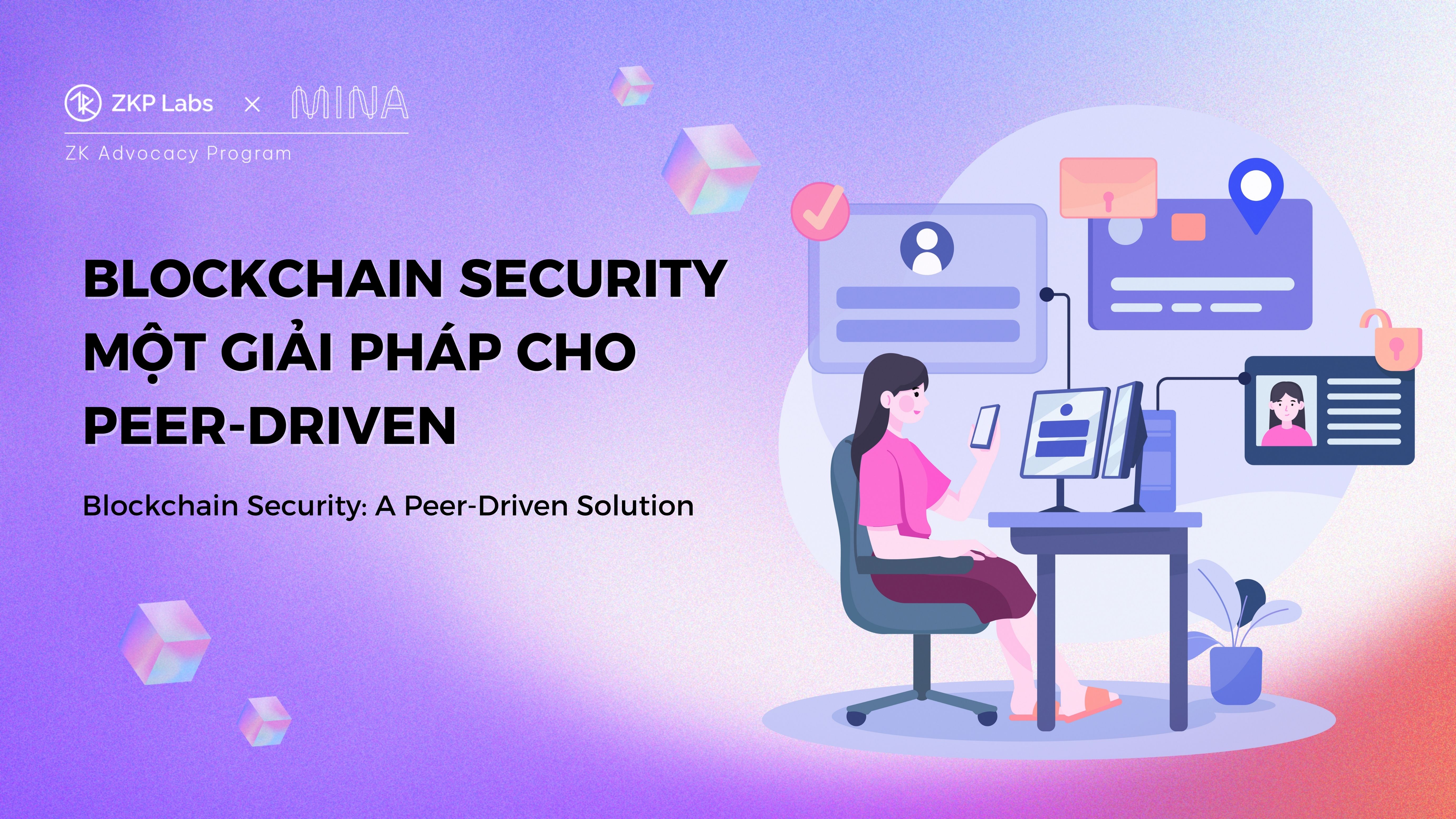An Introduction to Zero-Knowledge Proofs: How they Improve Security and Privacy
Table of Contents

The age of digitalization has brought with it several security and privacy concerns that need to be addressed. With the increasing use of technology in various fields, the importance of protecting sensitive information has never been greater. One way to achieve this is through the use of Zero-Knowledge Proofs (ZKPs). ZKPs are cryptographic protocols that allow one party to prove the authenticity of information to another party without revealing the information itself. This concept is quickly gaining traction as a solution for improving security and privacy in a variety of fields, including finance, healthcare, and more. In this article, we are going to discover how ZKPs have the potential to revolutionize the way we think about security and privacy.
What are Zero-Knowledge Proofs?
Zero-knowledge proofs are a type of proof that allows one party to demonstrate to another party the authenticity of a statement or information without revealing the information itself. The term "zero-knowledge" refers to the fact that the verifier does not learn anything about the information being proven other than the fact that it is authentic. The term "proof" refers to the demonstration of the authenticity of the information. In ZKPs, the prover and verifier engage in a series of interactions that allow the prover to prove to the verifier the authenticity of a statement without revealing the statement itself. The key to these interactions is that the verifier is able to confirm the authenticity of the statement without learning the contents of the statement.
How do Zero-Knowledge Proofs work?
Zero-knowledge proofs are based on mathematical algorithms that allow one party to prove the authenticity of information to another party without revealing the information itself. These algorithms are known as "commitment schemes."
The process of a ZKP begins when the prover creates a commitment to a statement. This commitment is created by applying a cryptographic hash function to the statement. The prover then sends the commitment to the verifier, who can use it to confirm the authenticity of the statement without learning the contents of the statement.
Once the verifier has confirmed the authenticity of the commitment, the prover can then demonstrate the authenticity of the statement by revealing the contents of the statement and the cryptographic hash function used to create the commitment. The verifier can then use the cryptographic hash function to confirm that the contents of the statement match the commitment.
How zero-knowledge proof Improve Security and Privacy
Protects Sensitive Information
Zero-knowledge proofs allow individuals to prove the validity of a statement without revealing any additional information, making it an ideal solution for situations where sensitive information needs to be protected. This is particularly important for personal information such as financial transactions, medical records, and identity information.
Enhances Security Against Fraud
By allowing for decentralized verification of a statement, zero-knowledge proofs make it more difficult for fraudsters to manipulate data or make false claims. This increased level of security makes it a useful tool for reducing the risk of fraud in various industries, including finance, healthcare, and digital identity management.
Improves Privacy in Blockchain Transactions
In blockchain transactions, zero-knowledge proofs can be used to protect the privacy of users by hiding their identities. This is particularly important in public blockchain networks where all transactions are visible to everyone on the network. With zero-knowledge proofs, users can prove their identities without revealing any additional information.
Increases Trust in Online Transactions
Zero-knowledge proofs provide a secure and verifiable way to prove the validity of a statement, which can help increase trust in online transactions. This can be particularly useful for e-commerce and other online transactions where the identity of the other party is unknown. By proving the validity of a statement, zero-knowledge proofs can help to reduce the risk of fraudulent activity and increase trust between parties.
Improves Compliance with Data Privacy Regulations
Zero-knowledge proofs can help organizations comply with data privacy regulations by allowing them to prove the validity of a statement without revealing any additional information. This can be especially useful for organizations that are subject to regulations such as the European Union's General Data Protection Regulation (GDPR) and the California Consumer Privacy Act (CCPA). By using zero-knowledge proofs, organizations can meet their obligations under these regulations while still maintaining the privacy and security of sensitive information.
Final Words
Zero-knowledge proofs offer a powerful solution to enhance security and privacy in various applications. They allow one party to prove to another that a statement is true, without revealing any additional information. This technology can be applied in many fields, such as finance, identity verification, and more. Zero-knowledge proofs are a major step forward in the field of cryptography and hold great potential to revolutionize the way we secure and manage sensitive information. The implementation of zero-knowledge proofs will play a crucial role in shaping the future of secure and private online transactions.
About ZKP Labs
ZKP Labs is a non-profit organization that focuses on building a vibrant and supportive community in Southeast Asia dedicated to the advancement of Zero-Knowledge Proof (ZKP) technology. Through events, workshops, and training programs, we strive to create an environment that fosters collaboration, knowledge-sharing, and growth, empowering community members to contribute to the development and adoption of ZKP.
Categories
Event Recap
5
Zero Knowledge Proofs 101
32
Top Posts
1
How to start learning ZKPs as a beginner?
02 March 2023
2
Announcing the ZKP Advocacy Program Powered by Mina Foundation: Your Path to Zero-Knowledge Mastery
24 October 2024
3
What Jobs Can You Do About ZKPs?
15 March 2023
4
A Beginner's Guide to Understanding the Different Types of Zero-Knowledge Proofs
24 February 2023
5
Cơ chế và tác động của hành động làm giá trong thị trường tiền điện tử
21 December 2023
6
Khi Nào Zero-Knowledge Proofs Có Ích?
17 March 2025
7
Phân tích lỗ hổng lớn trong mạng zkEVM của Polygon
06 December 2023
8
Phân tích hành động lái giá: Tại sao hầu hết giá của dự án đều giảm?
21 December 2023
9
Hiểu về Plonky2: Một Framework SNARK hiệu suất cao dựa trên Rust
27 March 2025
10
Tìm kiếm cơ hội đầu tư vào Blockchain mô-đun
21 December 2023
Tag
Zero Knowledge Proofs


